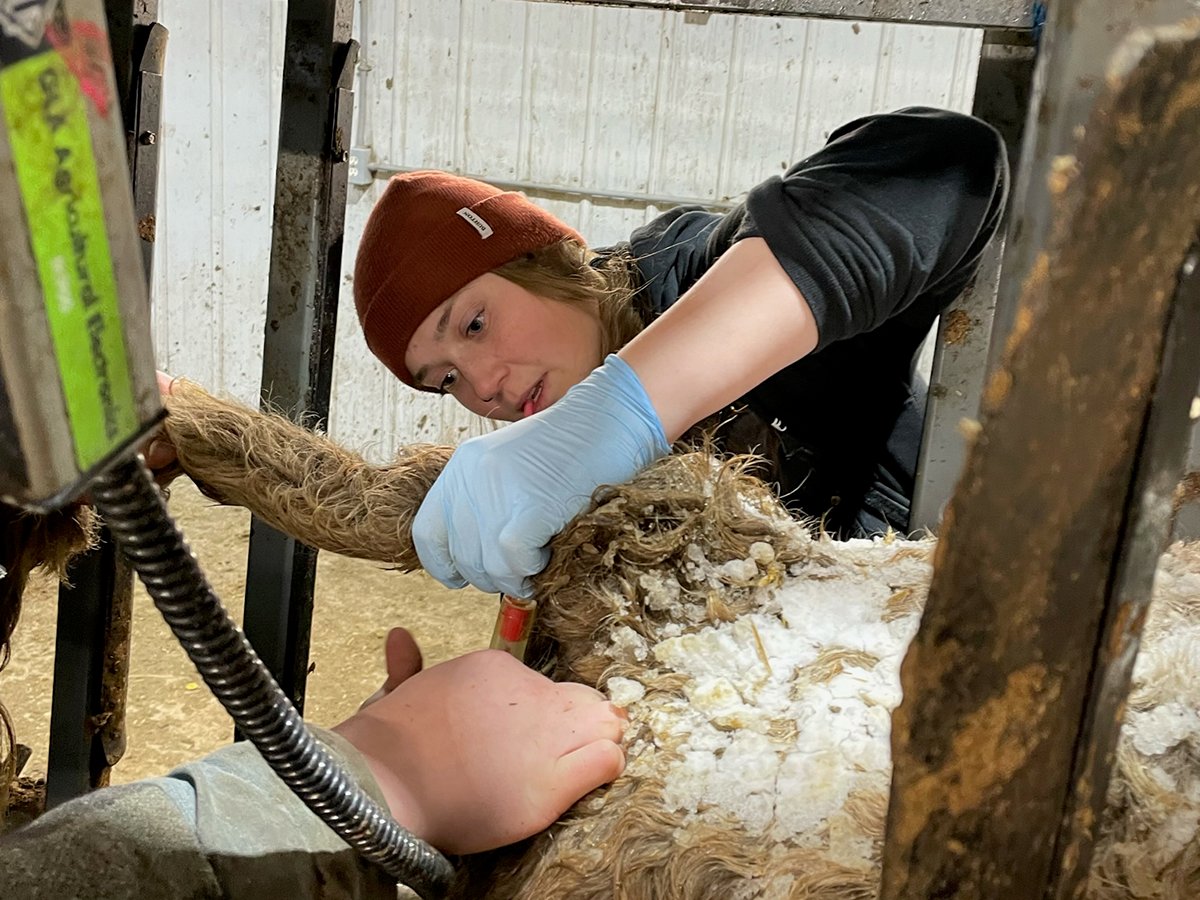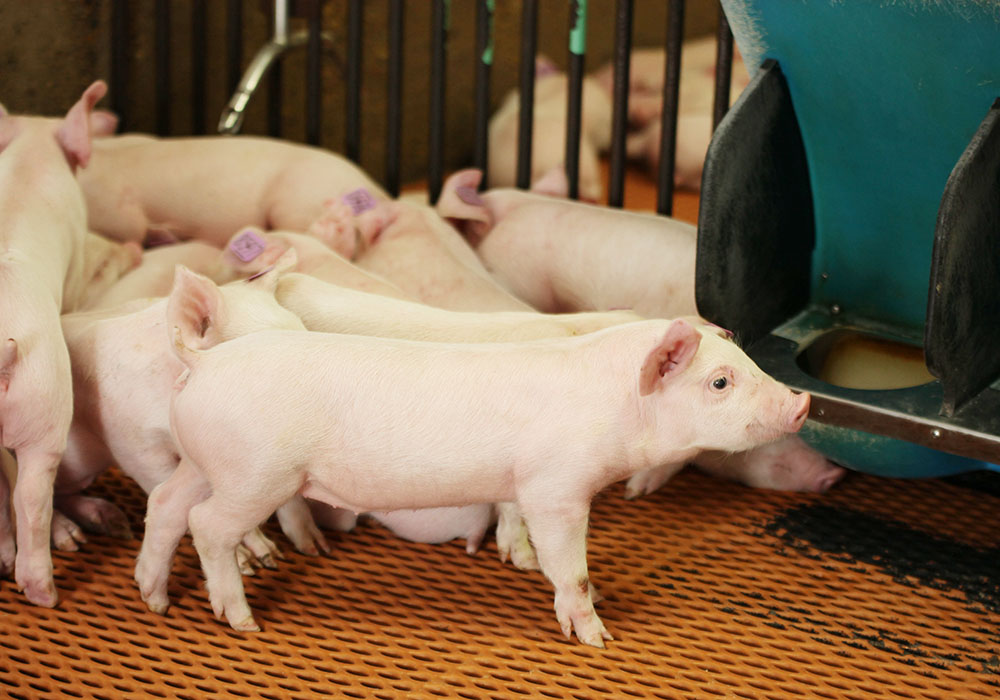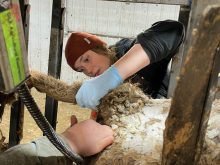The federal government is investing $45 million to help the pork industry deal with a potential outbreak of African swine fever.
About $23 million will support the pork sector’s efforts to prevent and mitigate the spread of the disease. It will go toward biosecurity assessments, co-ordination for wild pig management, retrofit of existing abattoirs and ASF-related research projects.
Nearly $20 million will be invested in the Canadian Food Inspection Agency to support laboratory capacity and other efforts to maintain a productive hog industry should the disease appear in Canada. Agriculture Minister Marie-Claude Bibeau announced the funding Aug. 26 in Quebec City.
Read Also

Pen riders better than tech at detecting respiratory disease in feedlot cattle, says researcher
Katrina Garneau’s recent research found that pen riders are better than technology at flagging signs of BRD in feedlot cattle.
“The detection of African swine fever in our country would be catastrophic for both Manitoba and Canada’s hog sector,” said Manitoba Pork chair Rick Préjet. “Manitoba’s hog farmers are pleased that the federal government recognizes the threat that this disease poses not only to our sector, but our economy as well.”
Canada has never had a case of ASF, but the disease is present in China, Vietnam, Eastern Europe, Poland, Germany and dozens of other countries. Last year, the virus was detected in a pig herd in the Dominican Republic, increasing the risk of it arriving in North America.
“A single case of ASF in Canada would immediately result in the closure of Canada’s borders to pork exports, which accounts for 70 percent of Canadian pork production,” says an Aug. 26 Agriculture Canada news release announcing the funding.
In the last few years, Canada has exported about $5 billion in pork annually.
ASF is a deadly virus for pigs, but it doesn’t affect humans and isn’t a food safety risk.
The virus is problematic because it’s extremely hardy. It can survive in dead animal carcasses and can persist for weeks or months in uncooked meats, cured meats or contaminated clothing, allowing the disease to move from farm to farm and country to country.
ASF is also a threat to wild pigs, which spread the virus to domestic pig herds.
The virus has been in Eastern Europe for years, and it first appeared in Germany in the fall of 2020. Shortly after the discovery, China banned pork imports from Germany, forcing the German industry to find new markets for its pork.
There are fears that an ASF outbreak in Canada would close many international borders to Canadian pork exports. However, industry and government leaders have been working on agreements in which trade from an infected region in Canada would stop but pork exports from other parts of Canada could continue.
“The CFIA has already confirmed zoning arrangements to help manage ASF and facilitate international trade with the United States, European Union, Singapore, and Vietnam,” said the Ag Canada news release.
Establishing zones and keeping ASF from spreading within Canada will require co-ordination and investment in biosecurity, improved management of wild pigs and other efforts to prepare for an outbreak.
“Preparedness will allow the pork industry to reduce the impact of the disease for a quicker recovery,” said Chris White, president and chief executive of the Canadian Meat Council.
A key part of the preparation and mitigation is the Pan Canadian Action Plan on ASF, led by Animal Health Canada. The plan has four aspects dedicated to different aspects of a potential outbreak:
• enhanced biosecurity and prevention
• preparedness planning
• ensure business continuity
• co-ordinated risk communications
A small portion of the new funding, around $2 million, will go toward improved inspection at airports and land borders to keep infected meat products out of the country.
Visitors from other nations and Canadians returning home sometimes bring pork products into the country.
It seems like an unlikely route to transmit African swine fever to domestic pigs, but the risk is real, said the CFIA website.
















